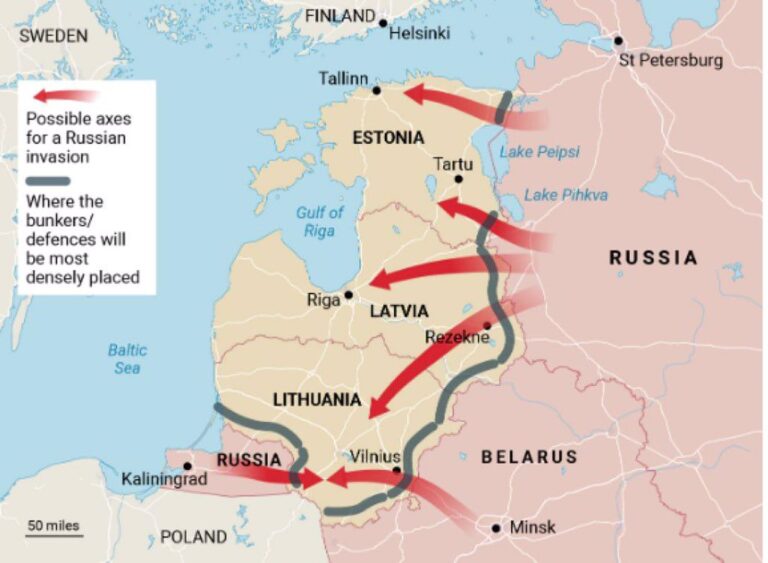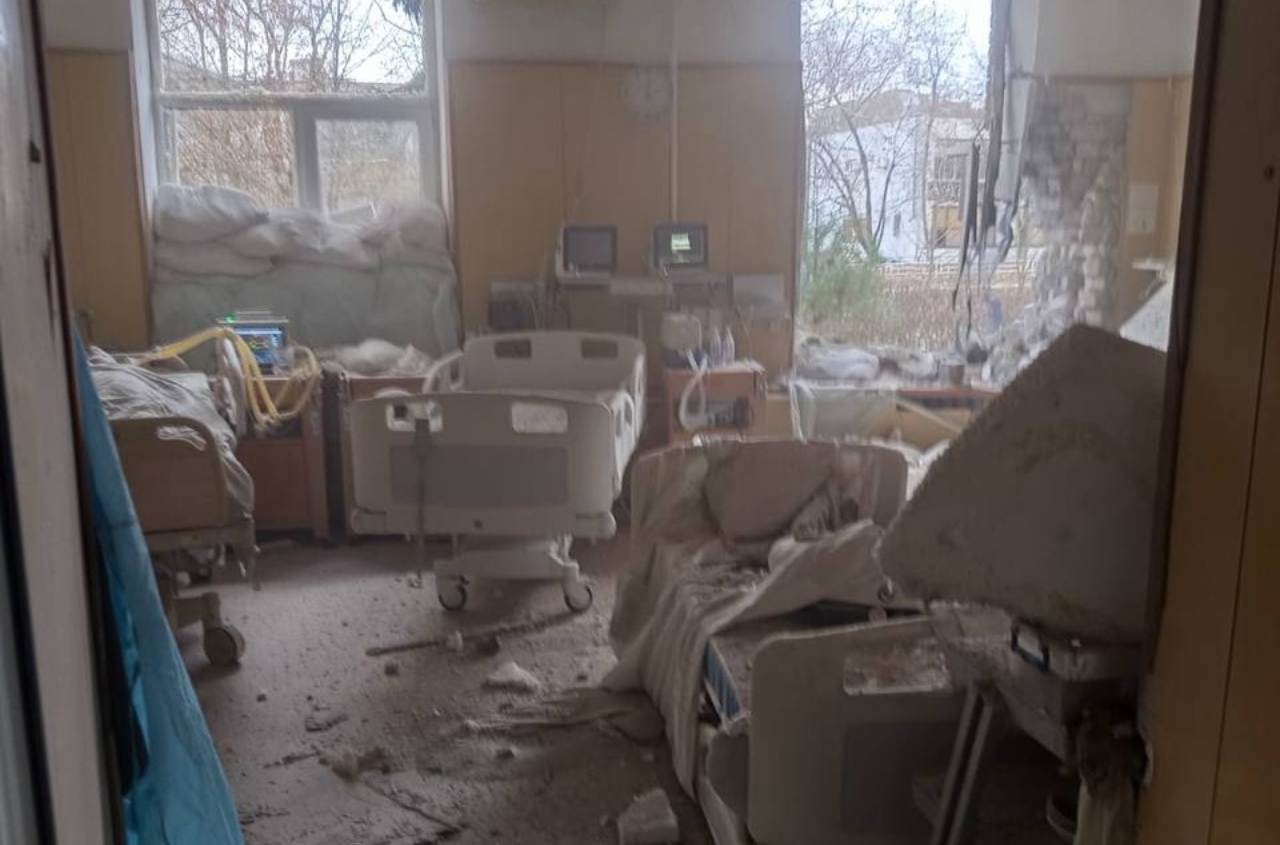Russian intelligence services are conducting a systemic hybrid operation against Latvia aimed at undermining its sovereignty and destabilizing the country. Moscow is employing a wide range of tools — from cyberattacks and disinformation to sabotage and interference in domestic politics — according to the Robert Lansing Institute (RLI).
The RLI reports that Russia is using Latvia as a key testing ground for hybrid methods, combining espionage, sabotage, and information operations. The Kremlin’s main goal is to erode public trust in the Latvian government and create the impression that NATO is incapable of protecting its members. The report notes that Russia’s actions target not only political institutions but also public consciousness, particularly among the Russian-speaking population, which is subject to targeted propaganda campaigns.
Experts from the institute emphasize that Russia’s operations are covert and long-term. They include cyber espionage, attacks on critical infrastructure, the spread of fake news through anonymous Telegram channels and proxy media outlets, as well as orchestrated provocations at the border. Moscow is actively working to sow distrust between Latvian society and its NATO allies while forming influence groups within the country that are controlled by Russian structures.
The RLI identifies three main scenarios for how Russia’s hybrid aggression against Latvia could unfold. The first scenario, called “The Boiling Frog,” involves prolonged but gradual pressure, including cyberattacks, disinformation, and sabotage — with each individual incident appearing too minor to justify a collective NATO response. Moscow’s objective is to weaken the state from within and erode citizens’ confidence in the authorities. The “red lines” in this scenario are blurred, but major infrastructure damage or loss of life could trigger an international reaction.
The second scenario — “Hybrid Lightning Strike” — envisions a sudden, coordinated surge of attacks: explosions or fires at strategic sites, power outages, cyber sabotage, and mass protests supported by Russia. Such escalation could be accompanied by military maneuvers near Latvia’s borders. In this case, Latvia would likely invoke Article 4 of the NATO Charter to initiate emergency consultations. If direct Russian involvement were proven, discussions on invoking Article 5 — collective defense — could follow.
The third and most dangerous scenario is a transition from hybrid warfare to open conflict. The RLI does not rule out that the Kremlin could use internal unrest or provocations as a pretext for direct invasion under the guise of “protecting the Russian-speaking population.” Any attack on Latvian territory or forces would automatically trigger a response from the entire Alliance, leading to a large-scale military confrontation.
According to the report’s authors, Russia’s hybrid strategy combines elements of destabilization, propaganda, and military threat to exert psychological pressure on Latvian society. Similar methods have already been used by Moscow against Ukraine, Moldova, and the Western Balkans. The RLI warns that Latvia has become one of the top priorities for Russian intelligence operations in the Baltic region.
The report also focuses on how Latvia and NATO can counter these threats. Experts stress that the Alliance is employing a comprehensive deterrence strategy that includes military, cyber, and informational measures. NATO’s multinational forces are stationed in Latvia, regular exercises are being conducted, and protection of critical infrastructure and cyberspace is being strengthened.
The RLI highlights that societal resilience is a key element of defense — through media literacy, strengthening trust in state institutions, and preventing the influence of Russian propaganda. Experts believe that only a combination of military readiness, political resolve, and social cohesion can effectively neutralize Moscow’s hybrid attacks.
In addition, the institute recommends that Latvia closely coordinate with other Baltic states, Poland, and the Nordic countries, share intelligence, and develop common standards for responding to hybrid threats. The report stresses that supporting Ukraine and condemning Russia’s war crimes are part of the region’s strategic defense, as weakening Russia on the eastern front reduces the risk of aggression in the northwestern direction.
According to RLI’s assessment, Russia’s hybrid war against Latvia is already underway — it is not something that will start tomorrow but is happening now, in the form of cyberattacks, espionage, propaganda, and sabotage. Experts warn that any signs of weakness or political hesitation will only encourage the Kremlin to carry out further provocations.




















